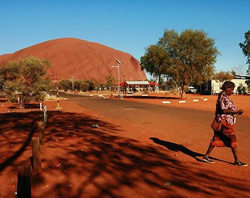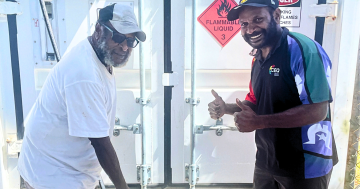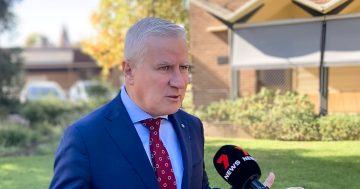 The Australian Public Service Commission (APSC) has released updated guidelines for Public Servants considering travel to remote communities during the COVID-19 pandemic.
The Australian Public Service Commission (APSC) has released updated guidelines for Public Servants considering travel to remote communities during the COVID-19 pandemic.
The APSC said the fact sheet applied to all workers of Australian Government Agencies who visited remote communities for employment or as part of their work arrangements.
“Isolation and remoteness offers opportunities for delaying or potentially preventing an outbreak in those areas,” the APSC said.
“However, high mobility of community members and a reliance on visiting and outreach services for many essential needs increase the risk of COVID-19 occurring in the community.”
It said Aboriginal and Torres Strait Islander people experienced a burden of disease 2.3 times the rate of other Australians, which may increase the risk of severe infection.
“Current available evidence indicates the incubation period for COVID-19 can be up to 14 days, so it is important precautions are observed so people do not introduce the infection inadvertently to a remote community,” the Commission said.
It recommends that all non-essential travel to remote communities be postponed.
“Workers should consider whether the remote visit is essential, whether the same objectives could be achieved via tele/video conference, or whether the trip could be postponed,” the APSC said.
“For instance, if the planned travel was an engagement visit or a consultation meeting to inform policy development, it might be appropriate to consider alternatives.”
New restrictions on travel into remote communities were announced by the Prime Minister to apply from 26 March, with exemptions for Public Service employees.











